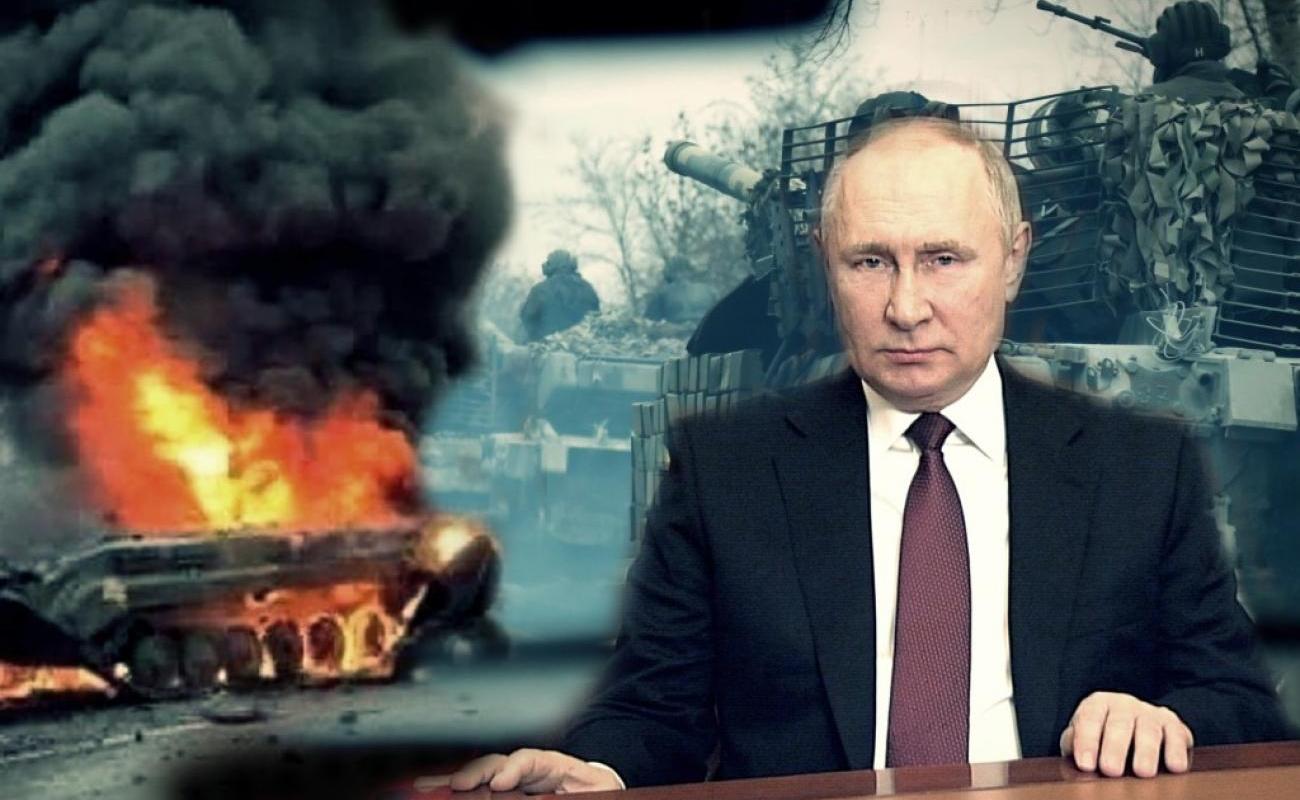Russia is in retreat in every major international forum

As Russia’s military troubles mount in Ukraine, it’s also becoming more isolated internationally as organizations affiliated with the United Nations purge Moscow’s representatives from leadership positions.
This rollback of Russian power and prestige at the United Nations has accelerated in recent months. It’s another example of the way the Ukraine war is realigning the international system into a small bloc supporting the Kremlin and a larger group backing the United States and its broad coalition of allies.
The General Assembly, the closest thing to a global parliament, has condemned Russia’s assault on Ukraine twice by overwhelming margins. In March, it demanded Russia’s unconditional withdrawal, 141-5. Last month, it rejected Russia’s attempted annexation plan, 143-5. The only countries that backed Russia were Belarus, Eritrea, Nicaragua, North Korea and Syria.
Russia’s isolation will be dramatized next week by President Vladimir Putin’s absence from the Group of 20 summit, historically a favorite forum for Russia. Putin’s troubles with international organizations come as Russia’s army has been forced to retreat in Ukraine, most recently in this week’s withdrawal from the territory it occupied in Kherson.
The most significant diplomatic reversals have involved the internet. A year ago, the Kremlin was bidding to control cyberspace: A Russian candidate was campaigning to lead the United Nations’ International Telecommunications Union, and Russia was drafting a U.N. cybersecurity plan that favored authoritarian control rather than openness.
Moscow’s effort to seize the high ground of technology has failed miserably. Doreen Bogdan-Martin, an American, was elected secretary-general of the ITU in September, winning 139-25. A challenge from Rashid Ismailov, a Russian former deputy minister of communications, collapsed after the invasion of Ukraine.
The ITU drubbing extended to components of the regulatory body. At the ITU’s September-October meeting in Bucharest, Russia failed to win a seat on the group’s 48-member council, its 12-member Radio Regulations Board or any of its three oversight bureaus. It was a shutout for a country that last year boasted it would “develop and implement legal norms and standards in the field of internet governance”.
Russia’s other internet initiatives have also stalled. Moscow’s plan to write a new U.N. pact to replace the 2001 Budapest Convention on Cybercrime is on hold. The Moscow daily Kommersant noted this week that its proposal to continue overseeing internet issues through a Russian-backed “Open Ended Working Group” was supported by only 12 nations, while a U.S.-backed alternative had 50 sponsors.
The spreading stain of the Ukraine invasion has affected Russia’s involvement in other U.N. activities. In April, the General Assembly voted to suspend it from the United Nations’ Human Rights Council. That same month, Russian candidates were rejected for seats on four organizations of the United Nations’ Economic and Social Council, and Russia was suspended from the United Nations’ World Tourism Organization.
Even the skies are unfriendly. Last month, Russia lost an election to retain its seat on the governing council of the International Civil Aviation Organization, which oversees global air travel. A Ukrainian ambassador argued that Russia should be punished for bombing Ukraine’s civilian airports and using its airspace as a free-fire zone.
These U.N. bodies might seem trivial. But much of the world’s regulation and standard-setting takes place in these obscure organizations, and they have often been forums for Russian propaganda and manipulation. The Ukraine war is turning these venues into no-go zones for Russian diplomats. Russia still has its veto in the Security Council — and its nuclear arsenal. But much of its other power, hard and soft, is decaying.
Linda Thomas-Greenfield, the U.S. ambassador to the United Nations, said during a visit to Kyiv this week: “Is it realistic to hold Russia accountable? Yes, it is. … Russia has heard loudly and clearly from the world that what they’re doing is unacceptable, and while they have the veto power, that veto power is not shielding them from condemnation”.
The Russian military has made some stunning mistakes on the battlefield — in Kyiv, Kharkiv and now Kherson. But Russia’s diplomats may have fared even worse. Russia is in retreat in every major international forum. Putin imagined this war would bring him greater global influence. It has instead been an epic disaster.
